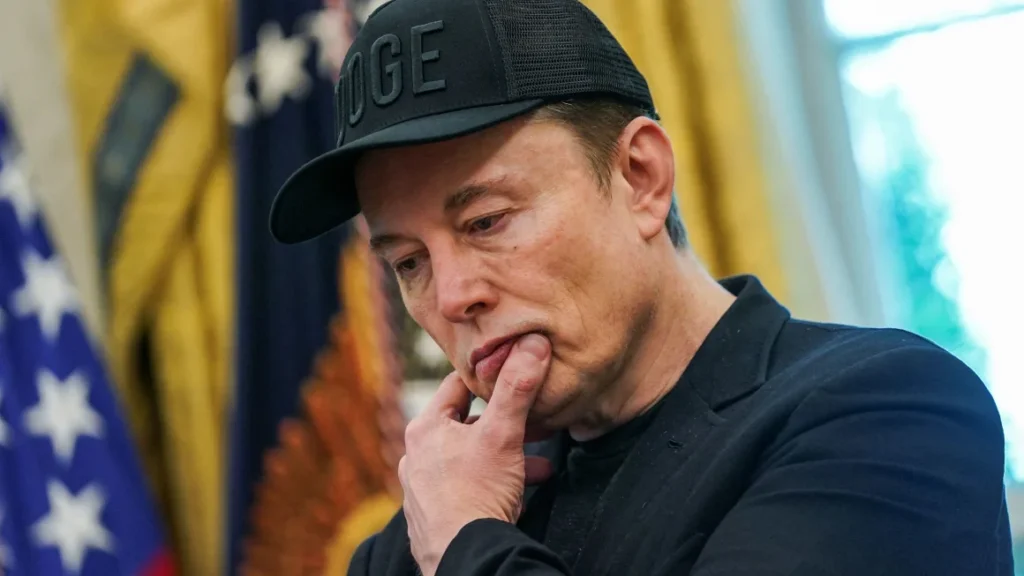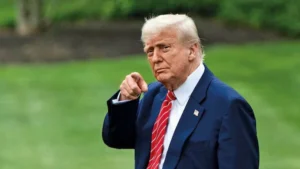Elon Musk Denounces Trump’s ‘One Big Beautiful Bill’ Amid Growing GOP Tensions

In a striking turn of events, tech mogul Elon Musk has publicly condemned President Donald Trump’s expansive tax and spending proposal, the “One Big Beautiful Bill Act,” labeling it a “disgusting abomination” and urging lawmakers to “KILL the BILL.” Musk’s vehement opposition marks a significant departure from his previous alignment with Trump’s administration and has intensified divisions within the Republican Party.

Musk’s Critique of the Legislation
The “One Big Beautiful Bill Act” aims to extend the 2017 tax cuts and includes increased military and border security spending. The Congressional Budget Office projects that the bill would add $3.8 trillion to the federal debt over the next decade. Musk criticized the bill for its high costs and contribution to the national debt, accusing Republican lawmakers who supported the legislation of betraying the American people and advocating for their removal in the upcoming elections.
In a series of posts on his social media platform X, Musk condemned the bill for significantly contributing to the escalating national debt, which now exceeds $36.2 trillion. He accused Republican lawmakers who supported the legislation of betraying the American people and advocated for their removal in the upcoming elections.
Political Repercussions and GOP Response
Musk’s outspoken criticism has found resonance among fiscally conservative Senate Republicans, potentially complicating the bill’s passage. The Senate, controlled by Republicans with a slim majority, plans to revise and vote on the bill by July 4. Internal GOP divisions persist, with some senators demanding more aggressive deficit reduction and others safeguarding Medicaid and green energy investments.
House Speaker Mike Johnson dismissed Musk’s comments as “terribly wrong,” while President Trump has remained largely silent on the matter, choosing to focus on other topics.
Musk’s Departure from Government Role
Musk’s intensified criticisms come shortly after his departure from a leadership role at the U.S. Department of Government Efficiency, a brief role where he aggressively pushed for reduced federal spending. His exit has sparked speculation about underlying tensions between Musk and the Trump administration.
Broader Implications
The clash between Musk and Trump reveals growing tensions within the Republican Party, especially as Musk distances himself from government roles to refocus on his businesses. Musk’s influence is under scrutiny after stepping down from a government role and pledging reduced political donations despite previously spending $300 million to support Trump-aligned efforts.
As the Senate prepares to vote on the bill, the outcome will hinge on delicate intra-party negotiations to secure enough votes. Musk’s opposition has stirred debate, but Republican leaders, including Senate Majority Leader John Thune and House Speaker Mike Johnson, remain committed to advancing the bill.
The situation underscores growing tension, but Trump has maintained strategic silence—possibly as a calculated move to avoid escalating the conflict ahead of important legislative proceedings.
As the legislative process unfolds, the political landscape continues to evolve, with key figures like Musk influencing the direction of policy and party dynamics.








